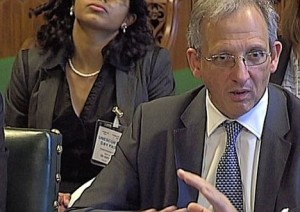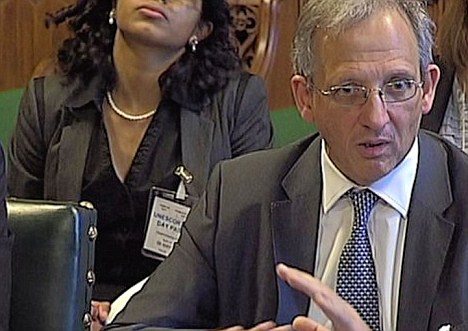 Sir Jon Cunliffe, a civil servant who previously worked in the Treasury, will become the Bank of England’s deputy governor. The well-known financial figure, who was a key individual in correcting Britain’s course after the 2008 financial crisis, has been recruited to replace Paul Tucker as the head of financial stability at the BoE.
Sir Jon Cunliffe, a civil servant who previously worked in the Treasury, will become the Bank of England’s deputy governor. The well-known financial figure, who was a key individual in correcting Britain’s course after the 2008 financial crisis, has been recruited to replace Paul Tucker as the head of financial stability at the BoE.
As one of Britain’s most senior diplomats with extensive links to Brussels, Sir Jon Cunliffe has been praised by public figures and financial commentators alike. The new deputy governor of the Bank of England is a career civil servant who worked alongside chancellor Gordon Brown during the financial crisis.
He was also involved in negotiations at the G8 and G20 summits, which supporters believe will prepare him for his role in the Bank of England. The BoE has focused on implementing new financial rules across Europe, where Cunliffe’s history will likely play an important role in the operations of the central bank.
Mark Carney, the Bank of England’s new governor, is familiar with Cunliffe and has worked alongside him for ‘over a decade on a wide variety of international issues at the G7 and G20.’ His appointment brings a new face into the Bank of England – one that has historically been an outsider to the organization.
Cunliffe will begin his new position at the Bank of England in October when current deputy governor Paul Tucker departs for a position at Harvard University. Cunliffe has spoken about the importance of the Bank of England before, noting that it is of ‘critical importance to the UK’s prosperity and stability.’
Based on the Bank of England’s current hiring patterns, Cunliffe is expected to be far from the last outsider appointed to a senior role in the bank. Industry rumours note that the bank has increasingly looked at the private sector to fill its executive roles.





